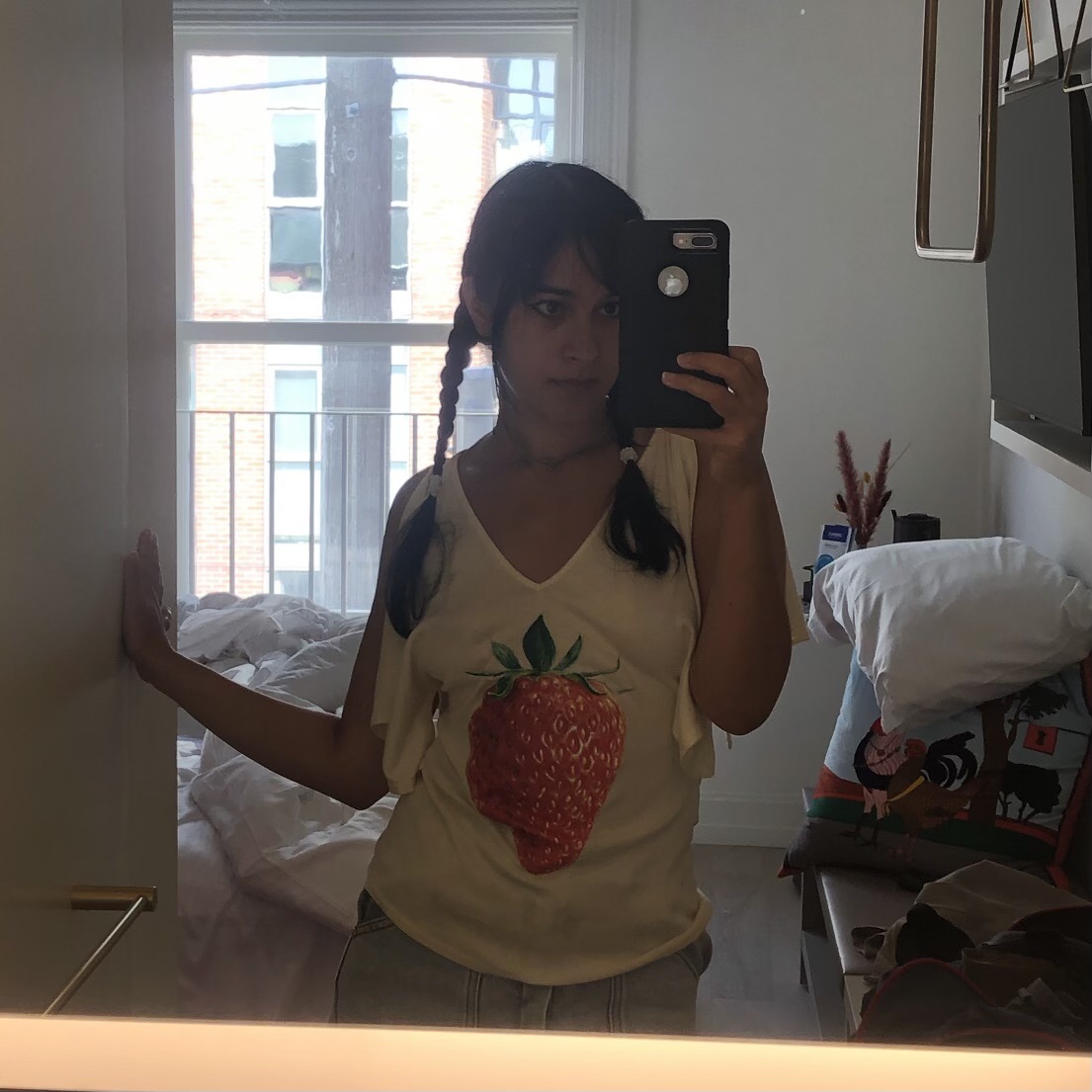Microsoft asks devs using "competitor's products" why they aren't making games for Xbox: "You probably have a great perspective we could learn from"

Microsoft is expanding the definition of user feedback and starting to collect information from not only players, but developers, too. In doing so, the company is hoping to figure out why developers don't want to make games for Xbox.
"By directly engaging with game creators, Xbox aims to get the data that'll help address pain points," reads a new blog on the Microsoft developer page.
"It will help us figure out both what to build and how to build things well," says principal user researcher Dr. Deborah Hendersen in the blog. "What features are needed? How do we implement them gracefully? Where are our existing tools or services falling down? What can we do to improve them?"
Xbox has recently been seriously struggling to collect major exclusives compared to PlayStation and Nintendo. According to documents pertaining to the multi-year long Activision Blizzard acquisition process, there were five times as many PlayStation exclusives than Xbox exclusives in 2021, "many of which are better quality," Microsoft itself added. The company also gladly admitted in 2023 that it "lost the console wars" and ranks third behind its competitors in terms of sales. But, nearly a year removed from its successful Activision Blizzard merger, Microsoft is ready to stop being so humble and get a makeover.
Henderson tasks game developers with a call to action: "If you aren't on Xbox, we'd love to know why," she says. "And honestly, if you are using our competitor's products, you probably have a great perspective we could learn from!" If only proponents of the console wars had the same outlook.
Weekly digests, tales from the communities you love, and more

Ashley is a Senior Writer at GamesRadar+. She's been a staff writer at Kotaku and Inverse, too, and she's written freelance pieces about horror and women in games for sites like Rolling Stone, Vulture, IGN, and Polygon. When she's not covering gaming news, she's usually working on expanding her doll collection while watching Saw movies one through 11.


